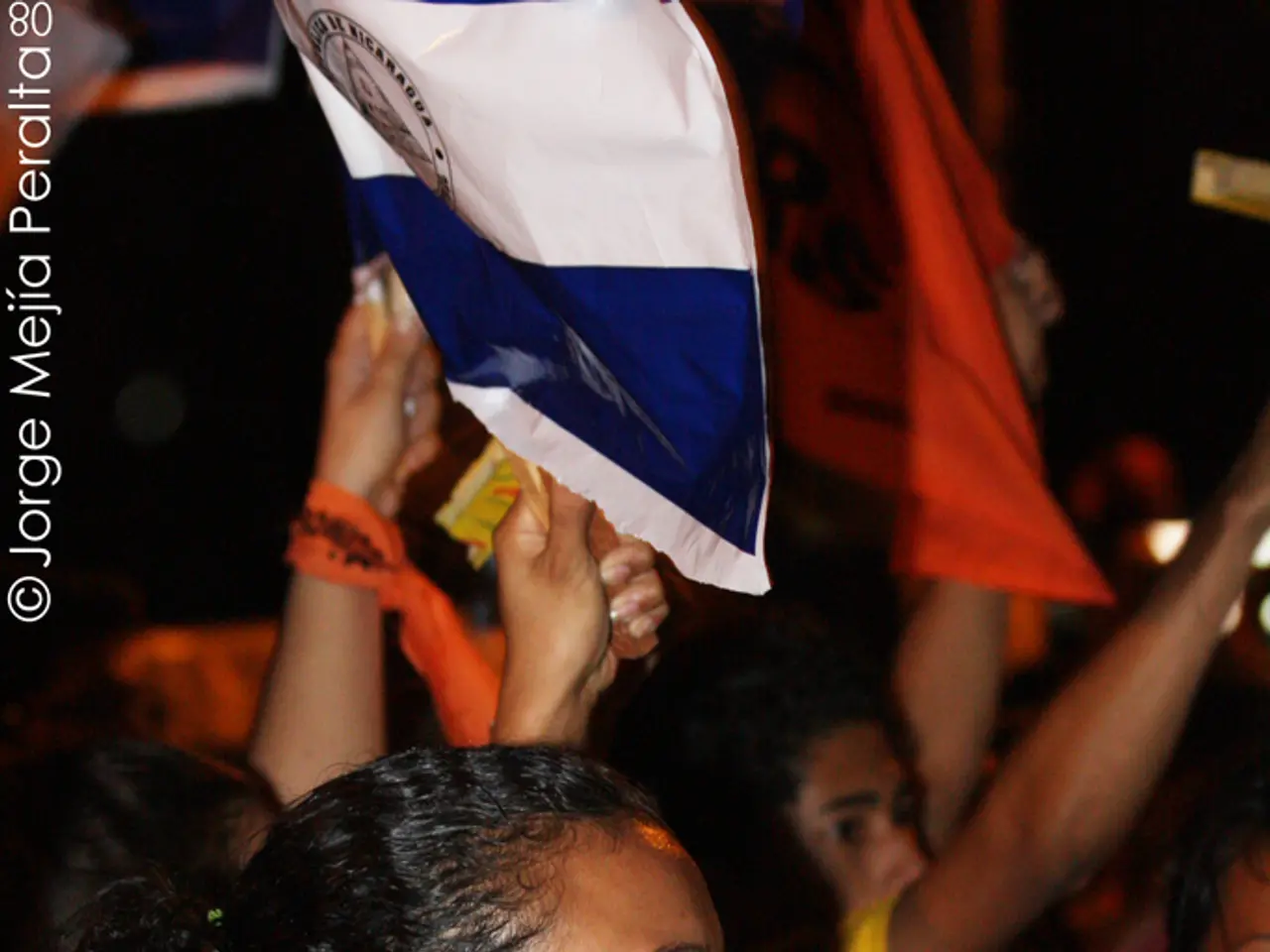Enhanced Insight: Achieving Improved Results for Girls and Adolescent Women in Africa
Tiko Strengthens Fight Against Teen Pregnancy, HIV, and SGBV in Africa
Tiko, a non-profit organization founded by Benoit Renard in 2014, is making a significant impact in sub-Saharan Africa by addressing the triple threat of teen pregnancy, HIV, and sexual and gender-based violence (SGBV) among adolescent girls.
Operating in Kenya, Ethiopia, Burkina Faso, Nigeria, South Africa, Uganda, and Zambia, Tiko uses an online platform to connect young people with contraceptive health services. This focus on ensuring access to contraceptives is aimed at preventing teen pregnancy and reducing the spread of HIV.
The organization's efforts have not gone unnoticed. Tiko has received funding from the Dutch government, the Elton John AIDS Foundation, and the SDG Outcomes Fund for its family planning programs and HIV interventions.
One of Tiko's most significant initiatives is the Development Impact Bond (DIB) for Adolescent Sexual Reproductive Health, a collaboration between Tiko, the UN Population Fund (UNFPA), the Children's Investment Fund Foundation (CIFF), Bridges Outcomes Partnerships, and the Government of Kenya. The $10.1 million DIB allows Tiko to expand delivery of timely contraceptive and sexual reproductive health services to adolescent girls, implement technology-integrated solutions to better collect and use data, and focus on holistic approaches that combine HIV prevention measures and SGBV mitigation.
The impact-linked nature of the financing means that funding is contingent on delivering measurable positive outcomes, incentivizing Tiko to optimize its programs and collaborate closely with public health systems and community stakeholders.
As of March 2023, the DIB program had delivered 1.5 million sexual and reproductive health services to 700,000 girls, more than double the original target. Tiko is also taking a portfolio approach that will look different by country in its investment strategy.
Serah Melaba, the chief impact officer for Tiko, emphasizes the importance of investing in girls. She describes it as not just addressing a problem but as investing in an opportunity. Melaba also highlights that investing in girls can increase household income or build healthy and economically resilient communities.
In a broader context, such DIBs complement efforts by partners like the UNFPA, which has used similar mechanisms in Kenya to deliver mobile-based sexual health services aimed at preventing teenage pregnancy and HIV infections. These finance-linked programs also emphasize shifting harmful social norms and engaging leaders to support girls’ health and rights.
The drop in aid from the US, with the withdrawal of $377 million in funding to the UNFPA and wider cuts to aid for sexual and reproductive health globally, has been described by Melaba as a "structural rupture". Despite this challenge, Tiko has already started fundraising for the next phase of the DIB in Kenya and hopes to scale the Kenya blueprint to other markets, including South Africa where work has begun on a girls outcomes fund.
Tiko relies on a network of vetted public and private health clinics and dispensaries, a community of 'mobilisers' (outreach workers), and community health workers to connect girls and young women aged 10 to 24 to its services. The organization is also incorporating initiatives addressing the prevention and management of sexual and gender-based violence into its work.
According to the UNFPA, every $1 invested in family planning yields more than $8 in returns for families and societies. With its focus on impact-linked financing and its commitment to delivering measurable positive outcomes, Tiko is making a significant contribution to improved health outcomes and social justice for girls in sub-Saharan Africa.
- Tiko's Development Impact Bond (DIB) for Adolescent Sexual Reproductive Health, a collaboration with UNFPA, CIFF, Bridges Outcomes Partnerships, and the Government of Kenya, is a significant example of blended finance in the field of social impact.
- Apart from reducing teen pregnancy and HIV, Tiko's initiatives also focus on affordable housing, a crucial aspect of personal-growth and education-and-self-development for young girls.
- As Serah Melaba, Tiko's chief impact officer, suggests, investing in girls is not just about addressing a problem but also about seizing an opportunity for women's health, mental-health, career-development, parenting, and health-and-wellness.
- Tiko's work in SGBV mitigation also signifies a step forward in promoting science-based solutions to overcome this pressing issue, thus contributing to a broader discourse on health-and-wellness.
- The private equity contributed by various partners to Tiko's initiatives can be seen as an investment in education-and-self-development and personal-growth for the next generation, contributing to a more resilient and responsive society.
- By focusing on measurable positive outcomes, Tiko's impact-linked financing demonstrates the potential of this approach in the realm of development finance, inspiring similar models in other sectors and regions.
- As Tiko continues to expand its services and influence, it is hoped that the organization will also collaborate with experts in the fields of science and health-and-wellness to develop innovative solutions to addressing the needs of young girls, leading to improved social and economic outcomes.




